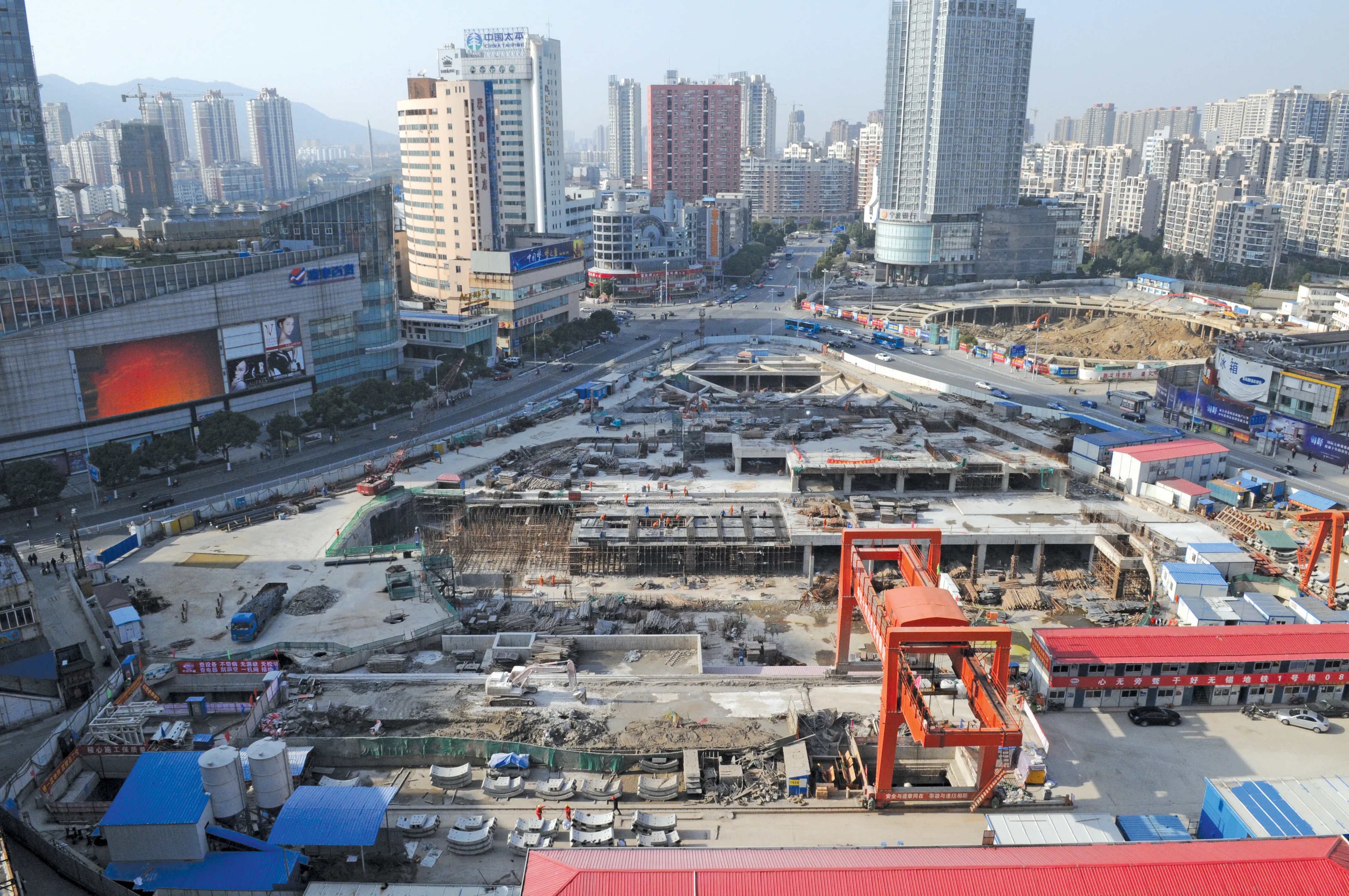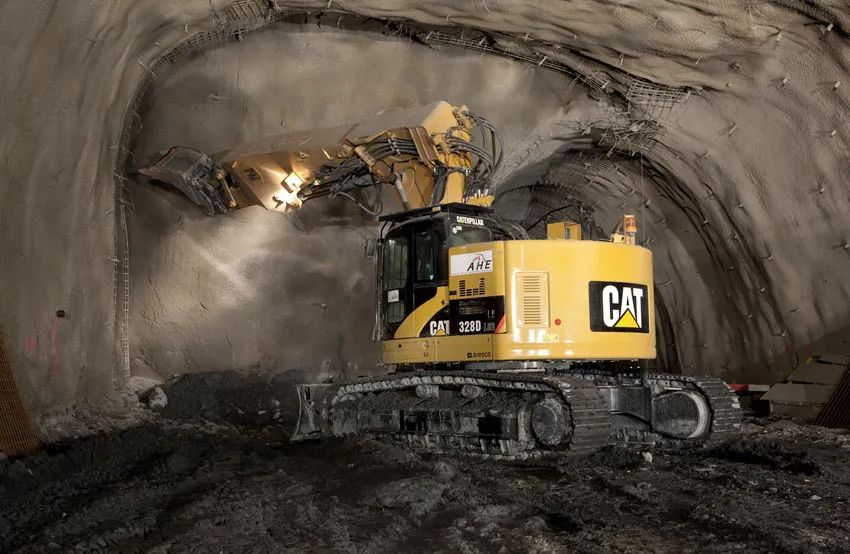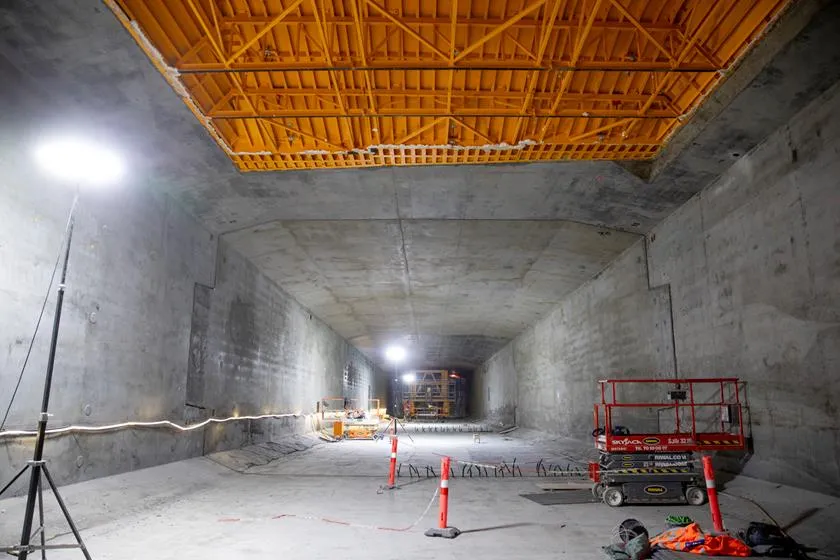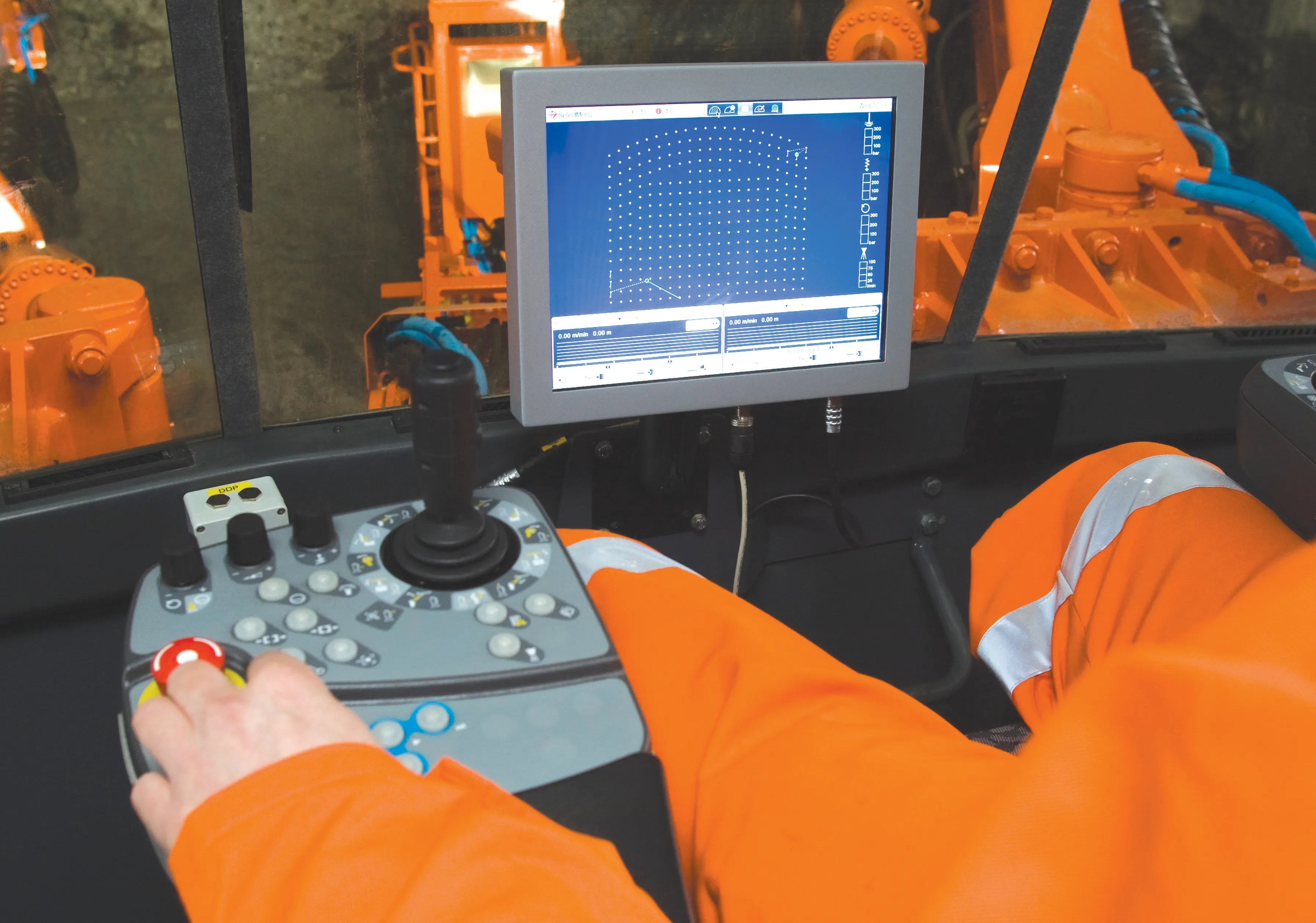Often used in road construction in China, eight Herrenknecht tunnel boring machines (TBMs) have now excavated almost 16km of tunnel in 20 months. The machines mastered challenging tunnelling stretches with small overburdens, crossing beneath the emerging metropolis of Wuxi, eastern China, to excavate the first two metro lines in the 3,000-year-old town on Taihu Lake, near Shanghai. Lines 1 and 2, with a total length of 58.5km, are expected to start operation in 2014. A total of five metro lines are planned.
May 29, 2013
Read time: 2 mins

Often used in road construction in China, eight 2592 Herrenknecht tunnel boring machines (TBMs) have now excavated almost 16km of tunnel in 20 months.
The machines mastered challenging tunnelling stretches with small overburdens, crossing beneath the emerging metropolis of Wuxi, eastern China, to excavate the first two metro lines in the 3,000-year-old town on Taihu Lake, near Shanghai. Lines 1 and 2, with a total length of 58.5km, are expected to start operation in 2014. A total of five metro lines are planned.
The eight Earth Pressure Balance Shields (Ø 6,370–6,390mm) from Herrenknecht have tunnelled through the underground since July 2011 to construct the lines. S-730 TBMs with a top performance of more than 33m/day and 164m/week completed their mission with the breakthrough, excavating a diameter of 6.39m.
Thus, 2,508m of tunnel for metro line 2 was built in only ten months.
Before that the machines also mastered challenging tasks when constructing the metro tunnels for line 1. The S-663, a compact Earth Pressure Balance Shield with a diameter of 6.37m, drove only a few metres beneath residential and commercial buildings, achieving breakthrough late last year.
The machines mastered challenging tunnelling stretches with small overburdens, crossing beneath the emerging metropolis of Wuxi, eastern China, to excavate the first two metro lines in the 3,000-year-old town on Taihu Lake, near Shanghai. Lines 1 and 2, with a total length of 58.5km, are expected to start operation in 2014. A total of five metro lines are planned.
The eight Earth Pressure Balance Shields (Ø 6,370–6,390mm) from Herrenknecht have tunnelled through the underground since July 2011 to construct the lines. S-730 TBMs with a top performance of more than 33m/day and 164m/week completed their mission with the breakthrough, excavating a diameter of 6.39m.
Thus, 2,508m of tunnel for metro line 2 was built in only ten months.
Before that the machines also mastered challenging tasks when constructing the metro tunnels for line 1. The S-663, a compact Earth Pressure Balance Shield with a diameter of 6.37m, drove only a few metres beneath residential and commercial buildings, achieving breakthrough late last year.








